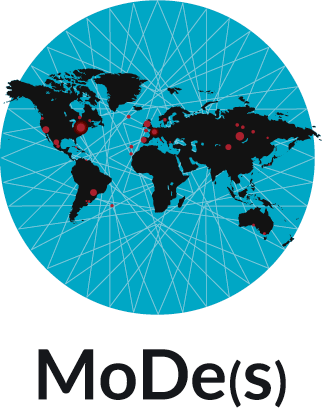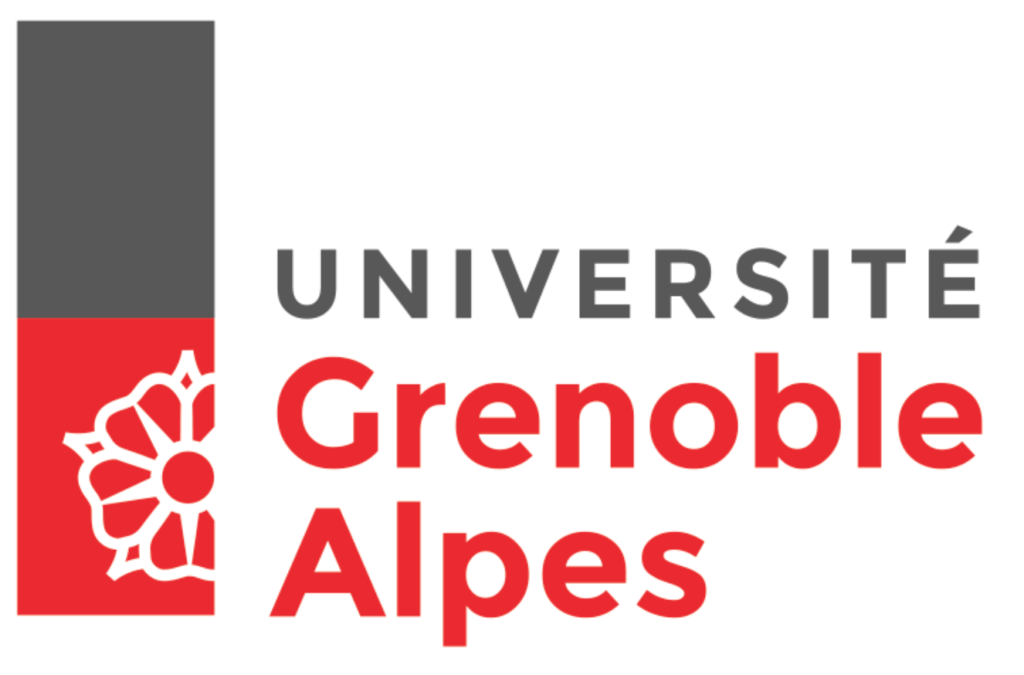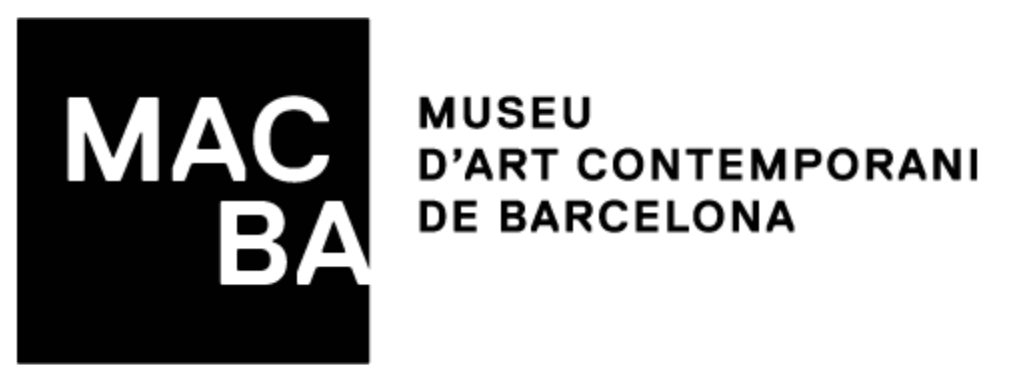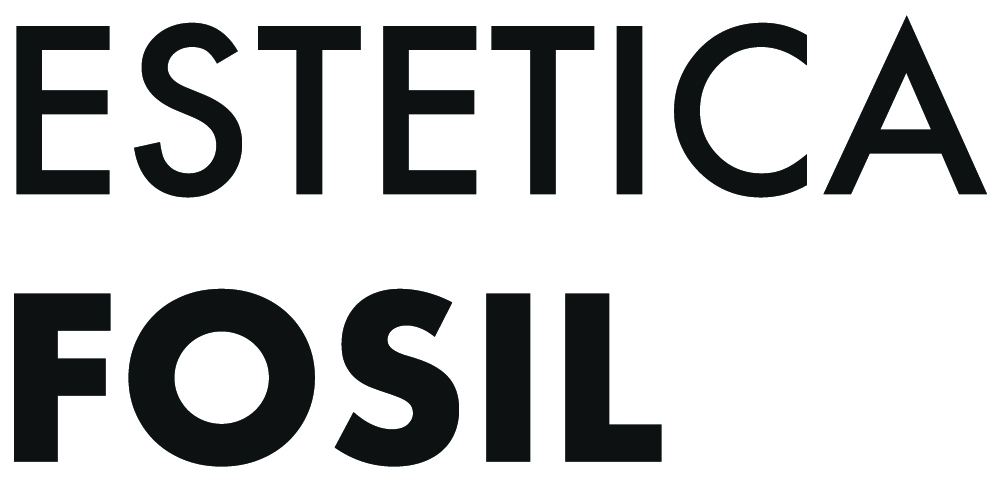International Congress
A neoliberal counter-revolution? Cultural Imaginaries, Political Subjectivities and New World Order (1979 – 2019)
16 – 17 September 2021
Auditorio Meier – MACBA
Responding to the reflections developed in the framework of the research projects Decentralised Modernitie(s) and Fossil Aesthetics, this international conference asks about the role that cultural imaginaries have played in the shaping of neoliberal subjectivity during the period from 1979 to 2019. Marked by historical key milestones such as the beginning of Perestroika and the fall of the Berlin Wall, this period has been determined by the effective implementation of the economic, cultural and political model that shapes our present. Although the historical origin of neoliberalism as an ideological project can be traced back several decades, it is from the end of the 1970s, after the experiment of the Chilean dictatorship and when Margaret Thatcher came into power, that its cultural hegemony began to take shape on a global level.
During this threshold period, between the 1970s and the 1980s, Michel Foucault made the relationship between neoliberalism and bio-politics a subject of discussion, Raymond Williams proposed an eco-social updating of cultural criticism, and Jean-François Lyotard reflected on the end of grand narratives, which we associate with the transition to the postmodern world view. All this took place in a geopolitical context marked by the disputes over the planet’s energy resources (with the Iranian Revolution as the culmination of the 1970s), the restructuring of the international division of labour (with the policies of industrial relocation and financialisation of the economy), technological acceleration in areas such as information technology, and the threats of extermination arising from nuclear proliferation and space-based armament (such as the US strategic defence initiative / SDI). These processes, on the one hand, continued the bipolar climate of the Cold War and, on the other, heralded its decline.
The long neoliberal wave extends to the present day showing signs of both, its success as well as its demise. Thus, in the absence of macro-political alternatives to the free market ideology, we are witnessing the emergence of neo- and eco-fascist tendencies that announce an illiberal variant of the post-war link between democracy, growth and fossil fuels. On the emancipatory side of the scale, the political de-activation of culture saw at the same time the emergence of new forms of resistance to the dominant economic and political dynamics. Actually, these epochal tensions have now been accentuated by the COVID-19 pandemic, of which China warned on 31 December 2019 and whose management has combined the intensification of bio-political forms of governance with expectations of a green revival of Keynesian egalitarian policies.
Whether we understand neoliberalism as a simple economic doctrine, a pervasive governmental rationality or a powerful political theology, its enormous capacity to shape the existence of individuals is based on a cultural hegemony unprecedented in history. The imposition of a credo based on the free market, the reformulation of the functions of the state, subjective individualism in conduct, behaviour and desires, or the implementation of a new labour framework based on competitiveness, flexibility, entrepreneurship and the supremacy of profitability, would not have been possible without enormous direct political intervention. In this process, the configuration of new visualities, imaginaries and cultural practices was key to legitimizing this historical project. In the midst of the contradictions of the period, art and culture accompanied its construction, while at the same time resisting its normalization.
Between Tehran and Wuhan, this conference will trace the permutations of artistic and cultural imaginaries, aesthetic discourses and political subjectivities that have accompanied the shaping of a new world order from the late 1970s to the present day.
9.30 – 9.45 Opening: Paula Barreiro López (Université Grenoble Alpes) / Jaime Vindel (CSIC) / María Ruido (Universidad de Barcelona)
9.45 – 10.30 Nancy Garín, Hauntología, Espectros e Irrupciones visuales. Del Plan Cóndor a las transiciones democráticas para la revolución neoliberal
introduced by María Ruido (Universidad de Barcelona)
10.30 – 12.00 Panel 1. Neoliberal imaginaries
Chair: Olga Fernández (Universidad Autónoma de Madrid)
Angela Harutyunyan (American University of Beirut), In The Margins of the Neoliberal Order: Ghosts, Zombies and The Post-Soviet “Contemporary”
Cristina Catalina (Universidad Complutense de Madrid), Competencia, miedo y virilidad. El daño de la subjetivación neoliberal a través de series de televisión
Katy Deepwell (Middlesex University), The perversions of feminism(s) in neo-liberal thought and elements of their resistance in feminist artists’ works
12.00 – 12.30 Break
12.30 – 13.30 Panel 2. Alter-neoliberalism
Chair: Jonathan Harris (Birmingham City University)
Dimitris Soudias (London School of Economics), Theorizing an Alter-Neoliberal Critique
Christina Novakov-Ritchey (University of California), Postsocialist performance as Insurgent Method
13.30 – 15.00 Lunch
15.00 – 16.30 Panel 3. Technologies and industrialism
Chair: Jaime Vindel (CSIC)
Adrián Almazán Gómez (Universidad de Deusto), ¿Neoliberalismo o sociedad industrial? Recuperando una tradición olvidada
Pablo Santa Olalla (MNCARS), Derivas críticas en los imaginarios artísticos de la Jet Age. Del aerotransporte como símbolo de la globalización, al rechazo frontal de sus condiciones de funcionamiento
Bárbara Fluxá Álvarez-Miranda (Universidad Complutense de Madrid), Excavando la Tecnosfera: Estrategias artísticas críticas para un futuro entre materialidades mediales
16.30 – 17.00 Break
17.00 – 18.30 Panel 4. Visualities beyond the ecological crisis
Chair: Jaime Vindel (CSIC)
Simone Fehlinger (Cité du design, Saint-Etienne), New Weather TV. Materializing the planetary as a composite “non-seamless” image
Linn Burchert (Humboldt University), Art, Climate Compensation and the Carbon Industries
Alberto Berzosa (CSIC) / Alejandro Pedregal (CSIC) Reconversión y crisis ecosocial en el Estado español: Estrategias estéticas e ideológicas en el cine documental sobre la desindustrialización
18.30 – 18.45 Break
18.45 – 20.30 Sequences of struggle and utopia. A conversation with screenings between Gal Kirn (TU Dresden) and Jonathan Harris (Birmingham City University). Chair: Paula Barreiro López (Université Grenoble Alpes)
10.00-11.30 Panel 5. Post-fascisms and new right wing
Chair: Lior Zalis (Universidade de Coimbra) / Diego Posada (Universidad de Barcelona)
Miguel Errazu (Universidad Autónoma Metropolitana-Lerma), Extractivismo visual
Jouke Huijzer (Free University of Brussels), The Neoliberal Restoration
Antonio Gómez Villar (Universitat de Barcelona / Universidad Autónoma de Barcelona), La redención de los olvidados: una figura espectral como promesa de retorno
11.30 – 12.00 Break
12.00 – 13.30 Panel 6. Necropolitics and struggles
Chair: Anita Orzes (Universidad de Barcelona / Université Grenoble Alpes)
Lee Douglas (Universidade Nova de Lisboa), “I Can’t Breathe”: A Necropolitical Reading of Race, the Visuality of Death, and New Visual Ecologies for our Pandemic Times
Karen Secrist (International Institute, Madrid), “Look for us there, because that’s where we’re at”: AfriCOBRA and Black Futurity
Zurcir, Lavar la raza: Blanquita y la reproducción transgeneracional de la negritud en los medios masivos, de la televisión a Youtube
13.30 – 14.30 Conversation: Asunción Molinos (Artista) / Juan Albarrán (Universidad Autónoma de Madrid)
14.30 – 16.00 Lunch
16.00 – 17.30 Panel 7. Neoliberal subjectivity and the precariousness of labor
Chair: Paula Barreiro López (Université Grenoble Alpes)
Temenuga Trifonova (York University), Imaginaries of Work in Contemporary European Cinema
Bernat Padró (Universidad de Barcelona) / Elena Fraj Herranz (Universidad de Barcelona), El bucle de la universidad neoliberal: precariedad, mercancía y clientelización
Sergio Vega Jiménez (Universidad Complutense de Madrid), Las fuentes del malestar: de la crisis del fordismo a la extenuación de las vidas-trabajo
17.30 – 18.00 Break
18.00 – 19.30 Screening: El Estado del malestar, María Ruido (Universidad de Barcelona) / Laia Manonelles (Universidad de Barcelona)
19.30 – 20:15 Emilio Santiago (CSIC), Compartir o matar en el cortísimo siglo XXI. Horizontes de transición a partir de la victoria antropológica neoliberal
introduced by Jaime Vindel (CSIC)
20.15 – 20.30 Closing words
Multimedia
The Congress will have a hybrid format (on site and online). To attend in person register here. The streaming of the event will be available in this page during the conference.

Organising committee: Juan Albarrán (Universidad Autónoma de Madrid), Paula Barreiro (Université Grenoble-Alpes), Olga Fernández López (Universidad Autónoma de Madrid), María Ruido (Universidad de Barcelona), Jaime Vindel (CSIC).
Coordination: Anita Orzes (Universidad de Barcelona / Université Grenoble Alpes) and Alejandro Pedregal (CSIC)
Scientific Comitee
Juan Albarrán (Universidad Autónoma de Madrid)
Paula Barreiro López (Université Grenoble Alpes)
Olga Fernández López (Universidad Autónoma de Madrid)
Jonathan Harris (Birmingham City University)
Sonia Kerfa (Université Grenoble Alpes)
Gal Kirn (ICI Berlin)
Pablo Martínez (MACBA)
Daniel Montero (UNAM, México)
María Ruido (Universidad de Barcelona)
Emilio Santiago (Universidad de Zaragoza)
Jaime Vindel (CSIC)
This International Congress is organized by Decentralised Modernity(ies). Art, Politics and Counterculture in the Transatlantic Axis of the Cold War (HAR2017-82755-P), Fossil Aesthetics: A Political Ecology of Art History, Visual Culture and the Cultural Imaginaries of Modernity (PIE 202010E005) and Energy humanities. Energy and sociocultural imaginaries between the industrial revolutions and the ecosocial crisis (PID2020-113272RA-I00) and in collaboration with the Laboratoire de Recherche Historique Rhône Alpes (LARHRA) of the Université Grenoble Alpes and the Museu d’Art Contemporani de Barcelona (MACBA).
Image: María Ruido, Plan Rosebud 2, 2008








